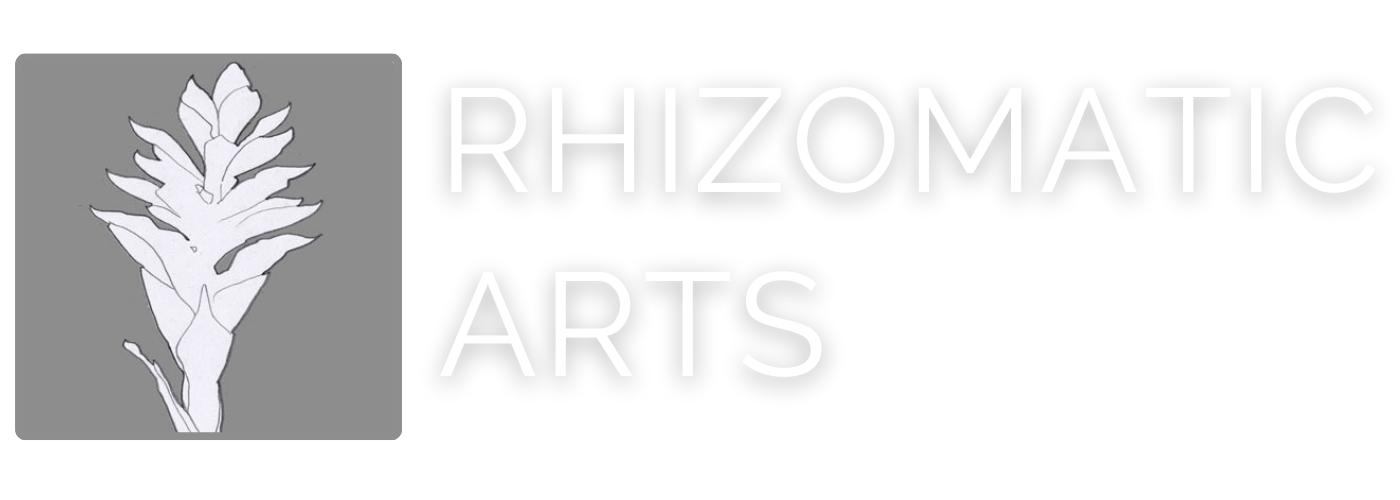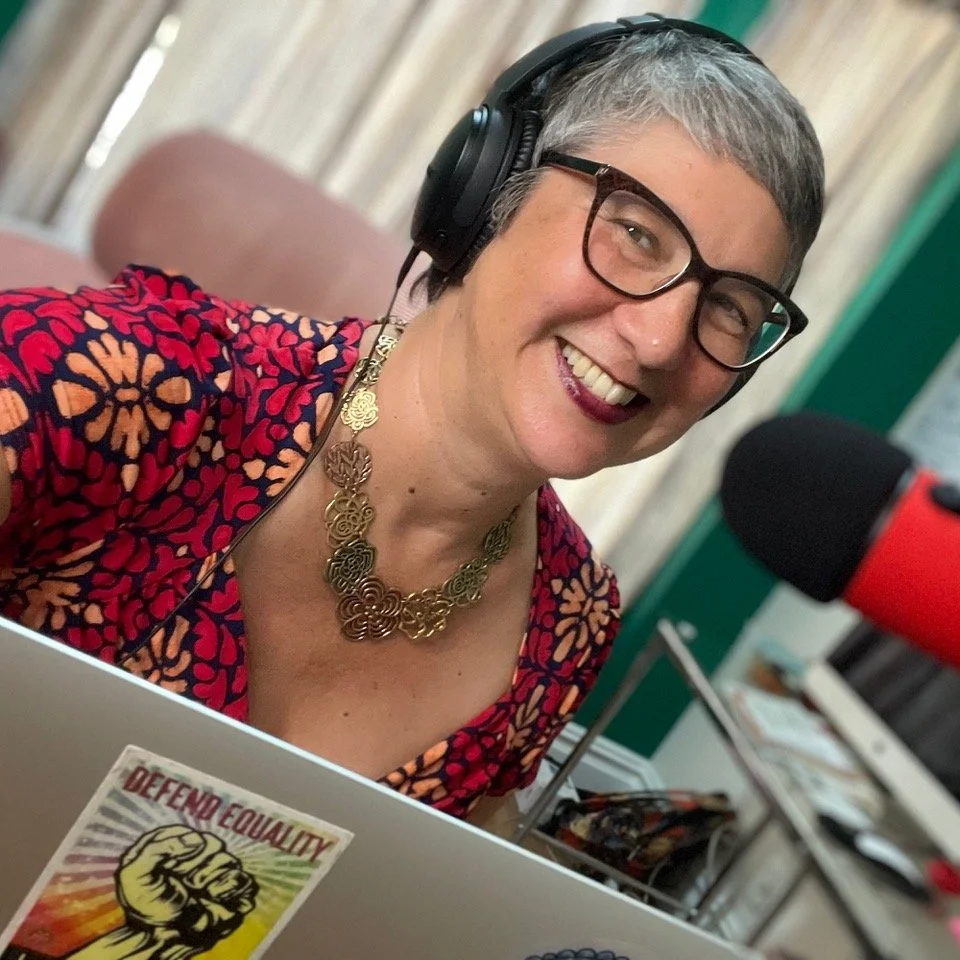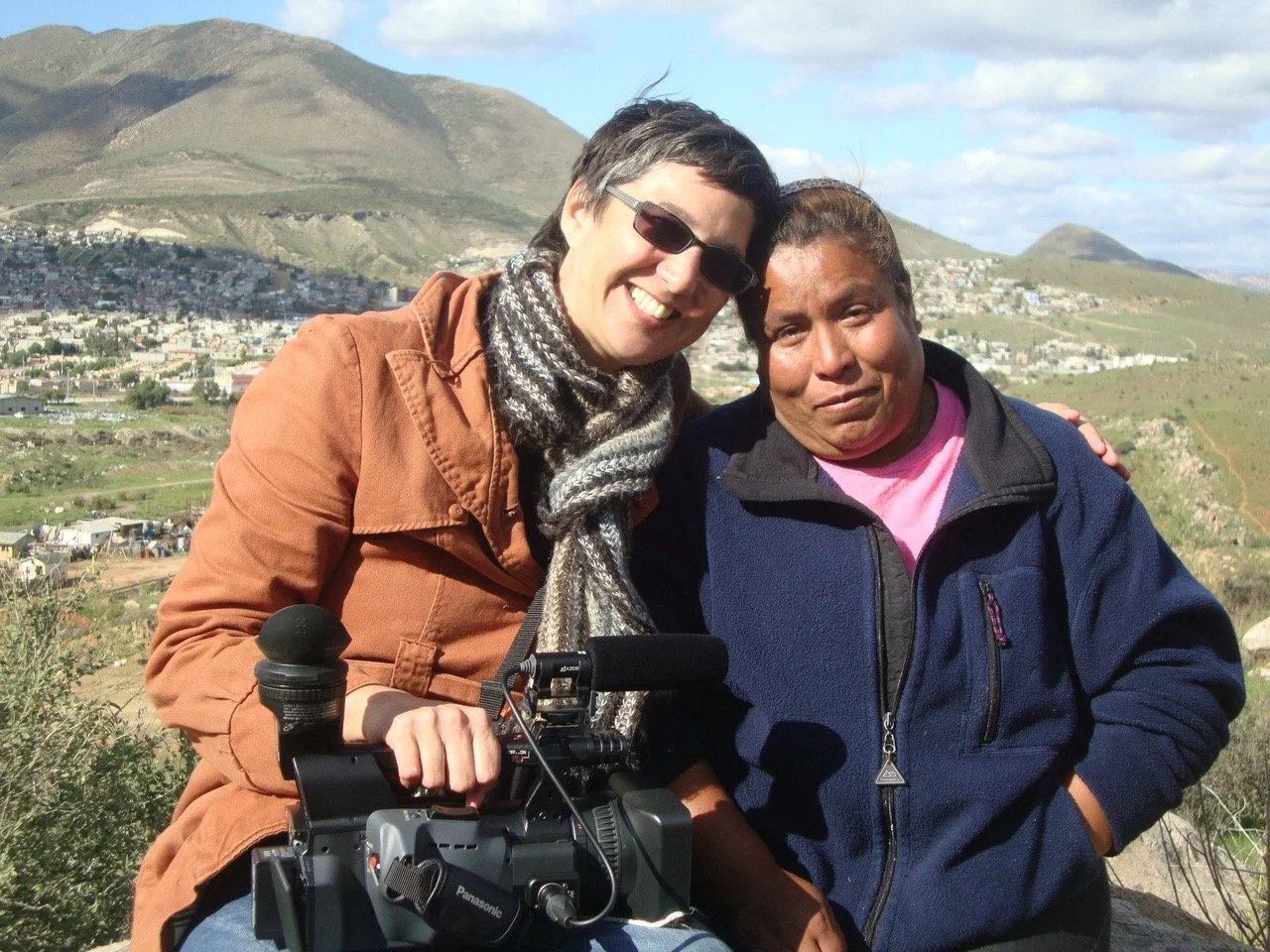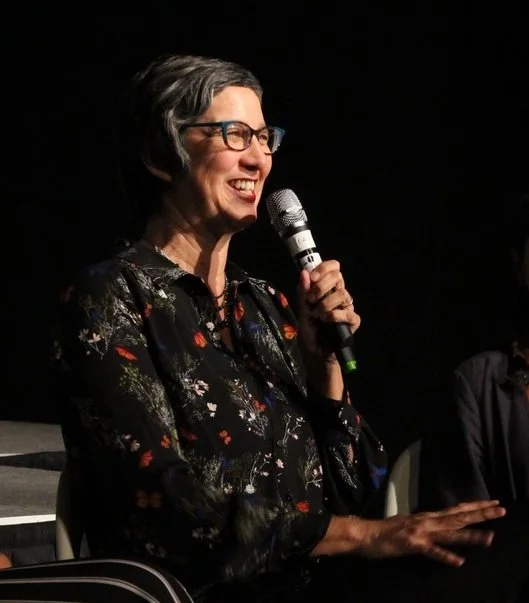Artist Spotlight: Tricia Creason-Valencia
TRICIA CREASON-VALENCIA is a storyteller and an activist. She uses every tool in her kit, from motivational speaking to documentary filmmaking to education, to share her story and the stories of those around her. She also actively works to support others and create structures for learning and creative expression. She co-founded PowerHouse in San Jose for women+ entrepreneurs to grow their businesses in community.
Tricia Creason-Valencia
Tricia, tell us about what you do in the world!
I’m a classic multi-hyphenate artist: Documentary Filmmaker, Motivational Speaker, Educator and Co-Founder of PowerHouse, a creative workspace for women+ entrepreneurs. I believe, deep in my soul, that storytelling fosters empathy, better mental health and can lead to social change. Everything I do is built upon the idea that our stories connect us, and I work to ensure that folks in my communities have opportunities to amplify their voices and claim their power through creative expression.
What led you to this work?
Over the last two decades, I’ve produced and directed social justice documentary films while also teaching film production, film history and feminist film theory at universities and high schools.
I’ve always had a deep love for movies! My Dad used to take us to the drive-in and we’d “cush down” with sleeping bags in the back of his pick up truck and the cinematic magic would wash over me (while scarfing down popcorn and candy - oh the sense memories!). He also took me to see independent and foreign films at the LA art houses; he’d whisper the dialogue to me since I couldn’t read the subtitles yet.
In my 20s, I worked as a community organizer on violence against women and girls. As part of our community engagement campaign, we produced an educational video. The Director on set was a young woman and my mind was blown to see her in action. I didn’t really know that directing was a job, let alone one that women could do! I realized that my community organizing skills (strong leadership, clear communication, big-picture thinking, ability to motivate folks) translated really well to film directing. I started taking 16 mm film classes at a local community college to explore further and started the MFA in Cinema program at San Francisco State three years later.
Tricia making a film in Mexico.
What would a sustainable career look like for you?
As a mid-to-late career artist, I often refer to my current phase as my “third act”. A sustainable career means that I’m surrounded by supportive and talented collaborators who encourage me to produce my best work. I’m focused on putting my energy into ventures where my work directly empowers women, BIPOC folks, and youth and creates space for the next generation to thrive. I believe that we are stronger together and every step I take during my “third act” will reflect that vision.
I’ve made a clear decision to no longer work on projects that underpay the creative team. I sport a baseball cap emblazoned with the phrase “Know Your Worth. Then Add Tax” to remind me of my promise to myself. I’m re-visioning my career; I’ve launched a Keynote Speaking business, Tricia Speaks!, which allows me to share my own raw narrative of mothering, making movies, resilience and rediscovery with the goal of inspiring people to tell their own stories as a tool for fostering empathy and building community. I co-founded PowerHouse, a workspace and media production studio for women+ creatives and entrepreneurs in downtown San Jose. It’s the vibrant community space I wish I’d had during the decades I worked in isolation, struggling to nurture my own creativity while also mothering my children at the same time.
How do you see your field changing, and how are you contributing to its future?
Filmmaking has changed because the tools are more accessible now - long gone are my film school days when we shot on film and cut our own negative! I mentor emerging filmmakers who are unafraid of technology; they are digital natives and it shows. I’m glad that there are fewer barriers to entry regarding tech; I appreciate any equalizers that democratize production for all. However, I remind my mentees that story is the most important element at the heart of our work, high tech “bells and whistles” aside. I encourage them (and remind myself) to stay true to our unique voices in shaping our work. The specific detail and textures of our lived experience make the work shine. My work at Tricia Speaks! and PowerHouse give voice to marginalized folks and create opportunities for women+ to grow sustainable businesses. Pay equity for all!
Tricia Speaks!
What’s coming up next for you?
This Fall, I’m organizing an art exhibition featuring work by incarcerated and homeless artists as part of the National Lived Experience Leadership Conference, a conference by and for people with lived experience with homelessness.
I’m speaking at the National Alliance on Mental Illness California and Wellness Together: Student Mental Wellness Conference about my personal mental health journey combined with a focus on my teaching & the positive impact of arts education on youth mental health. My talk is titled “Lights. Camera. Vulnerability: Youth Mental Health and Personal Storytelling”.
By the end of the year, we will joyfully inhabit an activated PowerHouse. Our colorful and light-filled space will vibrate with poetry readings, empowerment workshops, art, music and the laughter of women+ working and creating in community.





